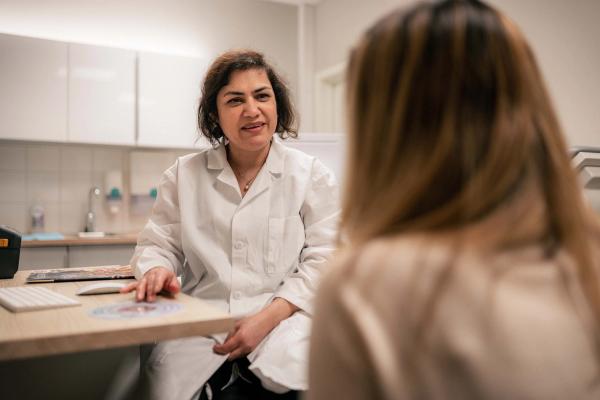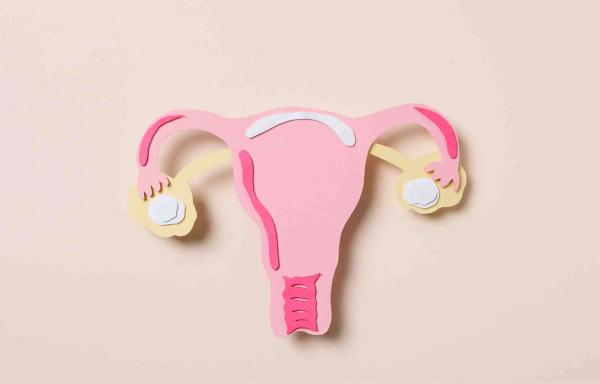Cervix exam and Pap test
Pap test - What is it, where and how is it taken, cell changes, test results, and the cervical screening program
The doctor or gynecologist performs a regular gynecological examination of the genitals and uses a small brush to collect cells from the cervix. It can be a little uncomfortable and can bleed a little afterward, this is completely normal. It takes a few minutes and is an important factor in detecting cancer or pre-stages of cancer at an early stage.
You can prepare yourself by not taking the test when you are menstruating, preferably avoiding intercourse in the last 2 days before the test, and do not use tampons or vaginal medication/cream in the last two days before the test.
Read more about HPV and the vaccine hereWhy you should take the pap test? Read here






